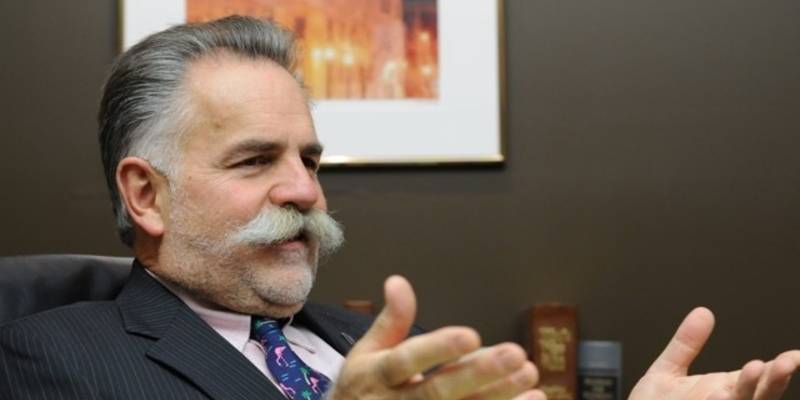Municipal elections are happening April 2nd, and there are a variety of local positions up for grabs. We came up with some questions for candidates in several of these races, and will be publishing their answers over the course of the next couple of weeks as they respond. Smile Politely doesn’t generally endorse local candidates, and these interviews are not endorsements. Hopefully, they will provide you readers with some insight into the importance of local races, and help you develop a sense of which candidates share your values. We’ve reached out to those running for Champaign and Urbana school boards and park districts, Champaign City Council, Mayor of Champaign, and Parkland Board of Trustees.
Champaign residents will be electing three city council members for at-large seats. That means you do not have to vote for someone representing your particular district, rather you will have all names to choose from on your ballot. There are eight candidates vying for these three spots, including three incumbents.
Tom Bruno has been on the Champaign City Council since 1997, and is currently Deputy Mayor.
Smile Politely: Why should voters opt to keep you on the city council? What successes can you point to, and what do you hope to improve upon?
Tom Bruno: The City benefits by leadership that is not affiliated with any particular partisan political group. The independence afforded to me by a lack of partisan involvement allows me to make decisions based on common-sense approaches that have had a proven track record of success in Champaign. As to successes, there are many. Some are our vibrant and resurgent Downtown, the envy of any other Illinois city our size, our excellent credit rating and sound financial basis as a result of careful budgeting, the booming capital investment in our community, and the success we have had addressing storm water management issues.
SP: The Community Coalition has been a good first step in beginning to discuss community violence. Now, beyond conversations and collecting data, what specific actions can be taken to address the issue of gun violence in the community?
Bruno: We are likely going to be dealing with gun violence issues in Champaign for the rest of our lifetimes, as are all American cities, large and small. Our efforts need to continue and we need to look for other approaches that have enjoyed success in other communities. The solution will ultimately be found in our families, places of worship, schools and social networks. There is no amount of additional police cars patrolling our streets that is likely to produce significant reductions of the type of gun violence we have been witnessing worth that type of expense.
SP: What sort of developments should be prioritized for Downtown Champaign?
Bruno: A public plaza is in the works. It will take a long time and significant investment. The tipping point in our Downtown has been reached as a result of the policies we put into place in the time I have served on the Champaign City Council. Now the marketplace will answer the question of what the consumer wants to patronize in their city center, and investment in those amenities will happen without the need for City incentives.
SP: An area of Champaign that is sorely lacking in a healthy economic and recreational infrastructure is North Champaign. What ideas do you have for stimulating that region?
Bruno: We promote infill development by limiting opportunities for leapfrogging over properties to build on the outskirts of the City. Our multi-million-dollar project to redevelop Bristol Place will unfold over the next couple of years. We have started accumulating land for storm water management in Garden Hills.
SP: The City of Champaign currently does not have any funding mechanisms for the arts in the community. What responsibility does the city have to the arts community? Do you see it as an essential service in the same way as new construction and infrastructure improvements? Why or why not?
Bruno: A City with a vibrant arts community enjoys a higher quality of life. I support a reasonable amount of direct City investment in the arts as a tool for economic development.








